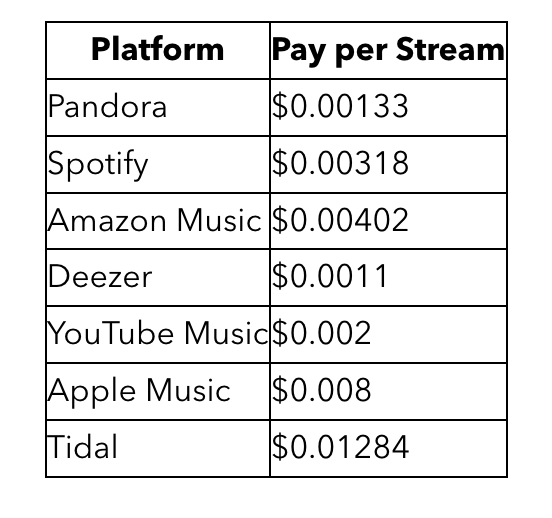Last updated:
 Why Trust Cryptonews
Why Trust Cryptonews

Key Takeaways:
- Bybit’s public denial of listing fee claims and school promo allegations highlights the growing challenge of misinformation and rumor-driven narratives in the crypto industry.
- The exchange clarified its requirements, including promotion budgets, refundable security deposits, and thorough project reviews.
- Bybit’s swift, evidence-based response shows a broader industry trend toward rebuilding trust and operational clarity after recent security incidents and market scrutiny.
Crypto exchange Bybit has denied claims that it charges $1.4 million to list tokens on its platform following public allegations made on social media.
The controversy began on April 14, when X user “silverfang88,” with over 100,000 followers, accused the exchange of demanding millions in listing fees from token projects.
The user also claimed Bybit used key opinion leaders (KOLs) to silence students involved in its Campus Ambassador program.
Bybit CEO Ben Zhou responded directly to the accusations, calling for evidence and dismissing the claims as unsubstantiated.
“Please show evidence if Bybit has done anything wrong,” Zhou wrote on X, adding that the crypto space has become chaotic due to rumors spread without proof.
A Bybit representative outlined the exchange’s actual listing requirements in a statement.
According to the company, token projects are expected to provide a promotion budget and a security deposit and undergo a comprehensive evaluation process.
“Projects are expected to allocate promotional funds for user engagement activities, though legal constraints prevent exchanges from holding tokens directly,” the spokesperson said.
The exchange clarified that it typically asks for a security deposit ranging from $200,000 to $300,000 in stablecoins, which is intended to ensure that promotional goals are met.
Bybit said penalties may apply if these targets are not achieved. The listing process also involves form submissions, internal votes, due diligence, and a listing review meeting.
“Evaluations focus on fundamentals and risk controls, including on-chain data, address authenticity, use cases, user distribution, project value, token valuation, value capture mechanisms, and team credentials,” the spokesperson added.
The social media user further alleged that Bybit’s 2024 Campus Ambassador program involved issuing student trial contracts and that KOLs were later used to suppress complaints.
Bybit has not responded directly to the ambassador-related allegations, but Zhou reiterated his call for evidence, stating that claims without proof only add to confusion in the market.
At the time of publication, the exchange had not released any further statement regarding the ambassador program accusations.
Bybit Rebounds Post-Hack, Streamlines Services Amid Security Overhaul
Following a record-setting $1.4 billion exploit in February, Bybit has clawed its way back, restoring market share and tightening its focus.
According to an April 9 report from analytics firm Block Scholes, Bybit’s market share dropped to just 4% immediately after the hack.
However, it has since rebounded to around 7%, showing renewed user confidence and a steady return in spot trading activity.
The February 21 exploit targeted liquid-staked Ether (stETH), Mantle Staked ETH (mETH), and other assets.
While the attackers laundered the funds through THORChain over 10 days, blockchain experts managed to trace nearly 89% of the stolen assets.
The recovery comes as Bybit adjusts its platform strategy. On April 8, the exchange officially shut down its NFT and Initial DEX Offering (IDO) services.
The move reflects internal efforts to reduce risk and a broader market shift away from NFTs amid declining volumes.
Other platforms, such as Kraken and LG Art Lab, have also exited the NFT space as market activity continues to cool from its $3.24 billion peak in August 2021.
Bybit’s latest decisions appear to strengthen trust and streamline operations in the wake of heightened regulatory pressure and user demand for greater security.
Frequently Asked Questions (FAQs)
Even when unproven, social media rumors can quickly weaken user confidence and force the company, like exchanges, to prioritize transparency and proactive communication.
Bybit’s detailed disclosure of its listing process and security deposits shows a shift toward clearer, more accountable practices in exchange operations.
The need to rebuild trust post-hack likely makes Bybit more sensitive to reputational risks, prompting swift denials and calls for evidence to maintain credibility.



